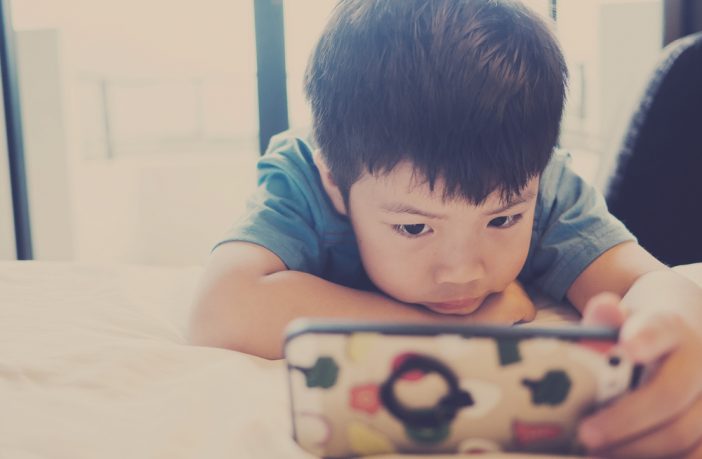
Professor of Education (Futures), Peter Twining
Professor of Education (Futures) for the Faculty of Wellbeing, Education, and Language Studies (WELS), Peter Twining, explores about the benefits of the internet and the way parents can support young people to be safe online.
It is clear from talking with parents that they are often torn between a recognition of digital technology’s importance in their children’s lives and concerns about excessive screen time, internet safety, online bullying, and a myriad of other potential ‘dangers’. Often, parents look to their children’s school for advice. However, my research has found that the ways in which children use digital technology outside school are very different from the ways in which they are expected to use it inside school. Educational consultant, Mal Lee describes this as the laissez-faire approach to learning adopted by ‘digitally connected families’, which he claims is both universal across countries and very successful.
Developing advanced digital skills

The sophistication of children’s use of digital technology varies considerably between families, depending upon the support (or constraints) provided by parents, siblings, and other family members. The instances where children appear to develop the most advanced digital technology practices all shared the following characteristics:
- The child has access to digital devices that are connected to the Internet
- The child is pursuing an interest that they have – they are doing something that is personally important and intrinsically motivating for them
- Parents actively support the child in pursuing that interest, without taking over – at times this requires stepping back and giving the child the opportunity to explore and make mistakes
- The child is allowed to communicate with ‘trusted others’ over the internet who shares their interest
“Value the learning they will gain”
Families where children appeared not to be developing such sophisticated digital practices lacked some of those characteristics, and in particular were often severely restricted in their access to the internet. Here are my top suggestions about how to support your child’s learning with digital technology outside school:
-

Help your child from a young age to use technology competently
Start young – help them to develop competence in using digital technology appropriately whilst you are still the most important influencer in their life
- Model appropriate use of digital technology – if you use your phone during meal times or interrupt a conversation with your child to answer your phone, then don’t be surprised if your child also anti-social in their use of technology
- Agree family rules about digital technology use – if your child feels ownership of the rules and that they are fair (e.g. they apply to you as well as your child), then enforcing them will be much less of a challenge
- Provide your child with access to digital technology, ideally that they have ownership of – but think about where the technology is situated (e.g. if you put a computer in their bedroom or ban the use of tablets in the sitting room then they might spend more time in their bedroom than in the sitting room)
- Talk openly with your child about using digital technology – be interested and supportive rather than controlling – they need to feel trusted and that they can tell you if things go wrong
- Help your child link up with trusted others who have shared interests (e.g. other Minecrafters) – initially this group will only consist of people you know and trust offline such as family members
- Recognise and value the learning that will inevitably happen as your child engages with digital technology – look past the surface features of what they are doing with digital technology. What looks like ‘just playing games’ may be helping them develop their ability to be creative, collaborate, communicate, and to solve problems; those are all incredibly useful things to learn
For additional advice on supporting your child’s digital technology use at home, the UK National Crime Agency website provides advice about child exploitation and online protection.
Professor of Education (Futures), Peter Twining, is passionate about developing education systems that are fit for our rapidly changing world. Much of his research has focused on the use of mobile devices, including children’s use of digital technology outside school, and digital technology strategies inside schools in the UK and Australia.
Follow The Open University Future of Education campaign on social media with #TomorrowsEd



